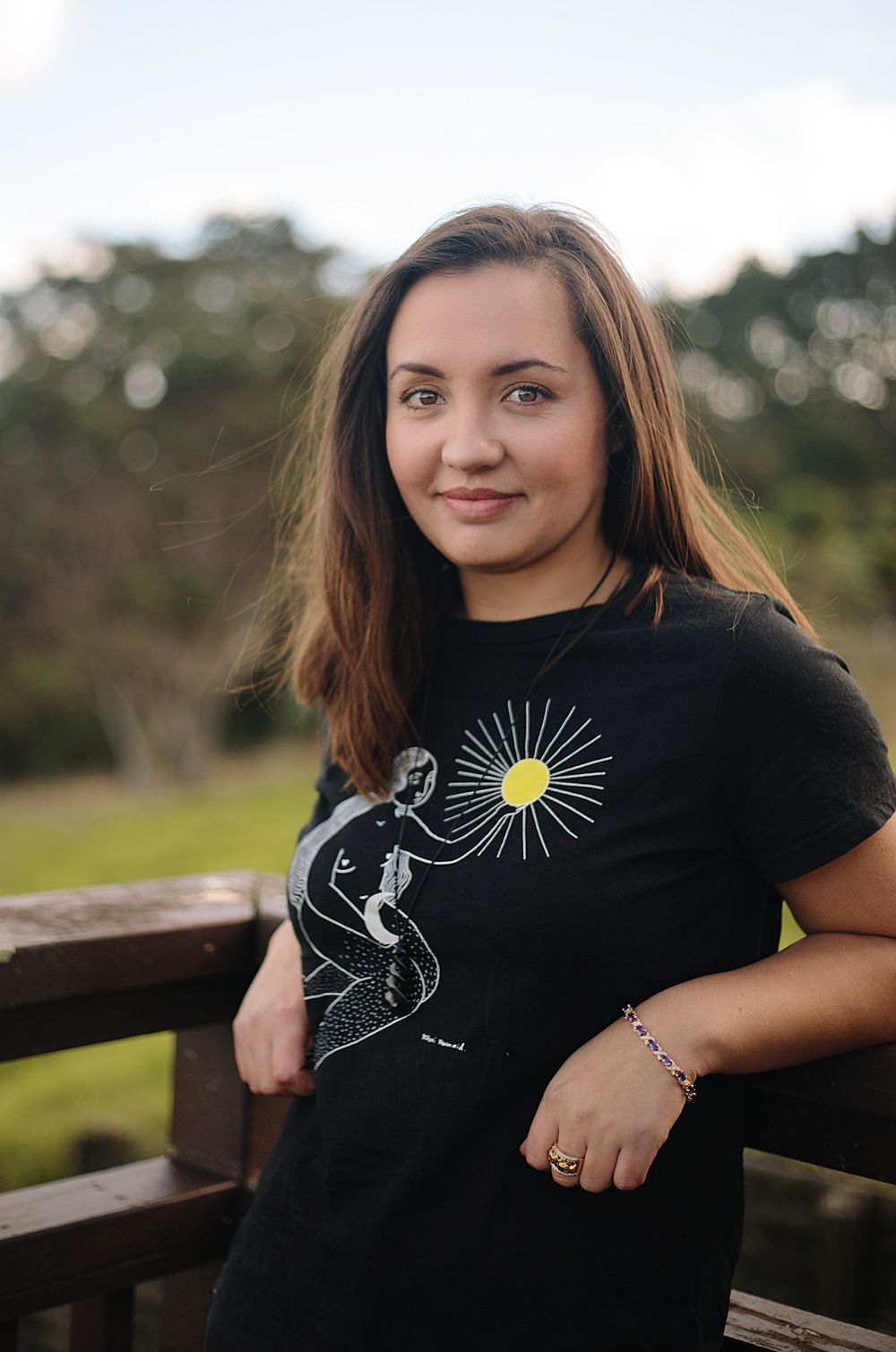Te Kore
We’re in a race to the finish line for Te Kore Formless Potential, launching on Monday 26 July - here’s a teaser of our upcoming content.
Over the coming weeks, we’re going to start releasing teasers on our social media, highlighting the upcoming pieces we have in our very first bi-monthly ‘issue’ themed Te Kore Formless Potential. These will be released by section, including music, society, visual art, performance, literature and screen. And of course, like all good creative projects, it’s a bit of a race to the finish line, with some pieces not able to be teased because we are still working them out. It reminds me of the saying, ‘There’s nothing like a deadline.’ Pressure can be good for creative output and there is something addictive about the arts, the opening nights, premiers and publishing days. That adrenaline rush is a part of what we all do, and although we might not always like it, it can be good too. What are the arts without a bit of pre-launch overwork, anxiety and excitement?
So, without further ado, let's talk a bit about what’s coming to The Pantograph Punch on Monday 26 July in our music, society and visual arts sections. In our music section, storyteller and cultural producer Makanaka Tuwe has interviewed rapper and producer Mazbou Q on the recent release of his new single 'Don't stop regardless' and his new album dropping this Friday, 16 July. This piece speaks to the creation of a Black New Zealand culture and the importance of dreaming for future generations. Then the PP team are coming at you with their music picks for this season of Matariki, they’ve been scouring the airwaves for the hottest new releases across Aotearoa and internationally. To round this section off, we’ve got an illustrated drawing piece with one of our staff writers, Ana McAllister, writing on her own processes of making taonga puoro.
What are the arts without a bit of pre-launch overwork, anxiety and excitement?
There’s so much that we could cover in our society section. So many issues and so many successes to highlight as well. But as the overarching kaupapa is Te Kore Formless Potential, it is fitting to have a piece by Michelle Rahurahu and essa may ranapiri on the atua Māori Whiro. They’ve had a bit of a hard time since the arrival of the settlers to New Zealand, mythological misunderstandings and comparisons to Western deities dirtying the water as to what a pre-colonial Māori understanding of this atua might’ve been. Michelle and essa explore this from their own understandings and relationships with this shadowy atua. Then we’ve got Tara McAllister sleeping at her own marae for the first time, and reflecting on the importance of that for her as a wāhine Māori, re-claiming her turangawaewae.
Dating Brown in Tāmaki. Yes, that's what Litia Tuiburelevu is bringing to you, and we're very excited about it. It'll touch on thedifficulty of navigating relationships and dating when brown in Tāmaki Makaurau, and with (predominantly) white men, supported by illustrated artwork by Pounamu Wharekawa-Farrell. It's a regular fixture that we're bringing to all three issues until the end of this year.
Executive Director of Basement Theatre Cat Ruka sits down with Nigel Borrell over a cup of tea
And in our visual arts section, we’re bringing a particular set of pieces to our arts readers. Nigel Borrell, the acclaimed curator of Toi Tū, Toi Ora: Contemporary Māori Art at Auckland Art Gallery Toi o Tāmaki, was the centre of an arts shakeup when he resigned unexpectedly after putting together the exhibition. Executive Director of Basement Theatre Cat Ruka sits down with Nigel over a cup of tea, and these two arts leaders kōrero on power-sharing, cultural autonomy and relationship in our arts sector.
After that, we head to our regional centres. Curator of art at Waikato Museum Te Whare Taonga o Waikato Leafa Wilson travels to New Plymouth to visit the Govett Brewster. She writes on the exhibition Stars start falling, featuring new and existing works by Teuane Tibbo, Ani O'Neill and Salome Tanuvasa. Finally, Whanganui-born and bred curator Milly Mitchell-Anyon traverses the centre of her universe, Whanganui’s object art and craft sector. In doing so, she writes on the historical underpinnings of a brilliant community of makers and arts leaders that have contributed to Whanganui’s long-standing commitment to craft.
But what else could we be doing? We'd love to hear from you
These will all be published on Monday 26 July, with more from our other three sections performance, screen and literature in the Te Kore Formless Potential edition still to come! This includes a review of Tayi Tibble's Rangikura by Ana McAllister and Rebecca Reilly's Greta and Valdin by Ockham award-winning author Becky Manawatu and an exciting announcement for a collaboration with our friends at Verb Wellington.
But what else could we be doing? We'd love to hear from you if you think we've missed something or how we can engage more with our community. Should we organise a series of talks live on Insta to celebrate the launch? Or something else? Send us a DM on socials or an email to ataria@pantograph-punch.com.

